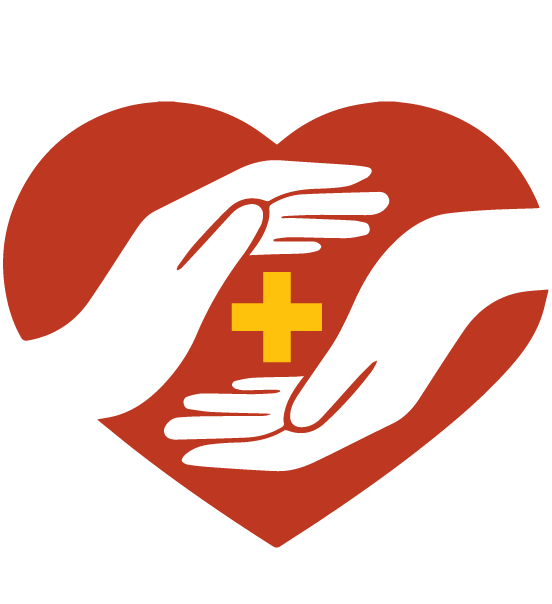Now that we are heading towards summer, many people have gotten their running shoes ready. Most people want to look and feel better when it is warm - because we wear less and lighter clothing. Everybody knows that exercise is good. Exercise gets the heart rate up and pushes the body to perform, which is what we are made for. There are still some who take it too far. Overtraining, training for more hours than the body can handle, training every single day, etc. And then we have athletes; they have a lifestyle where they train like a job. We hear more and more about athletes experiencing sudden cardiac arrest in the media. This makes one wonder; does strenuous exercise increase the risk of cardiac arrest?
Are more athletes getting cardiac arrests?
There are many people who have become skeptical about high intensity training lately. It is not so strange when there is news story after news story about footballers, sprinters and other athletes who have suddenly fallen over because their heart stopped. Since they exercise so much, are they not "healthier" than most people? The answer is yes, they are generally in better health than Average Joe. Finnish researchers studied national team athletes in the 90s and compared them with ordinary people in good health. The results showed that athletes live longer and have less need for health services later in life. The control group had a particularly higher incidence of cardiovascular disease.1
Why then are there so many athletes who suffer cardiac arrest? The answer is probably that the media makes it look like a bigger problem than it is. We don't hear about all the ordinary people going into cardiac arrest, but when a well-trained person does, it's called news. One must also remember that athletes are not invulnerable. They can have illnesses and problems like everyone else. In many of the cases, autopsies have shown that the young and healthy people who died of cardiac arrest had an undetected heart defect or disease. The hard training affected the heart in an indirect way: it did not withstand the strain over time as a healthy heart would.2
Should the average person be concerned?
Now you might be thinking: what if I have an undetected heart defect? Is it not dangerous for me to exercise hard in case I have a cardiac arrest? The answer is again no. Athletes have trained up to the amount of training they have over time and can withstand more pressure, but they still train a lot and hard.
An ordinary person who has an undiagnosed heart condition and does not exercise much may never experience a cardiac arrest, but that does not mean that everyone should avoid high-intensity exercise as a precaution. As said, this is quite rare. However, it is wise for all arenas that do sports to have a defibrillator available, too high a heart rate can cause a lot of stress on a weak heart. Those with asthma and other conditions should be more careful, but the same advice applies: take it easy at the start and see what you can do.
Those with heart disease and heart failure should still exercise
Contrary to popular belief, it is good to exercise even when you have heart disease. Regular exercise is good for everyone and will help those with a weaker heart build up their heart muscles. If you have acute myocarditis or have had a concussion in the heart, you should consult a doctor and be careful, but otherwise you should be able to manage a jog.3
It is both healthy and smart to exercise regularly
So yes, the risk of cardiac arrest is higher during activity than at rest, but the benefits of exercising regularly are so high that for most people, exercise is a good idea. You minimize the chance of cardiovascular disease, you feel better in everyday life, your body becomes stronger and you will live longer on average.
Exercise as much as you want (but not too much). Just be sure to use enough sunscreen, good shoes, loose clothes, drink plenty of water and do not train hard when it is too hot outside. Stop when it gets too much, you do not want to get a heat stroke.
In conclusion: for the majority of people, there is no reason to not exercise.
Sources:
1Bhar, Roald. 2004. Er toppidrett sunt? Tidsskriftet - Den Norske Legeforening. Sourced from: https://tidsskriftet.no/2004/11/leder/er-toppidrett-sunt
2Zahid, Wasim. 2022. Wasim Zahid om akutt hjertestans hos unge. Hjemmelegene. Sourced from: https://hjemmelegene.no/blogg/plutselig-hjertestans-hos-unge
3Oprandi, Michelangelo. 2023. Hvor stor er sjansen for hjertestans når du trener? E-tv.no. Sourced from: https://www.e-tv.no/hvor-stor-er-sjansen-for-hjertestans-nar-du-trener/129724


